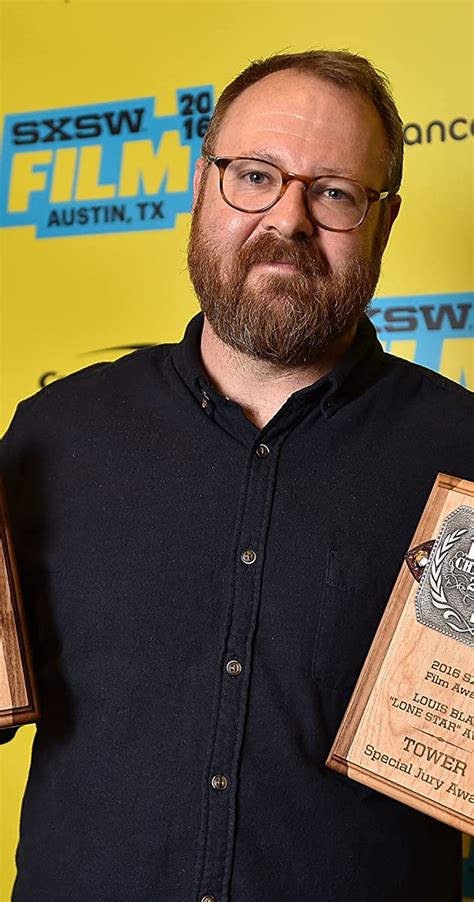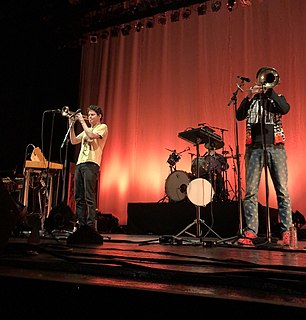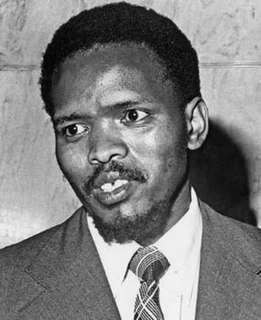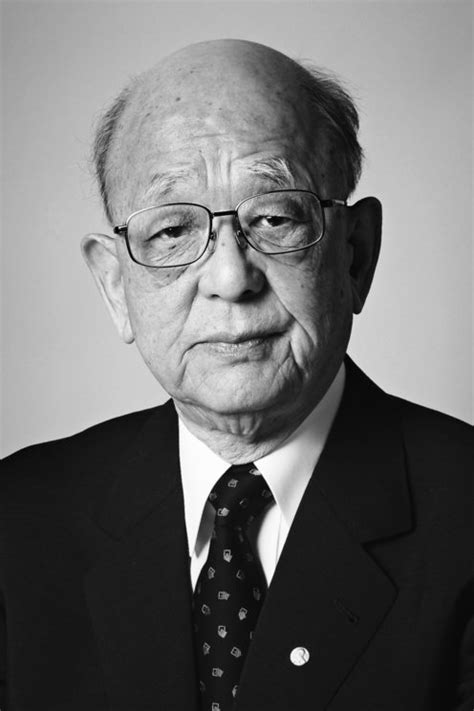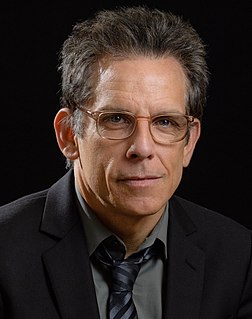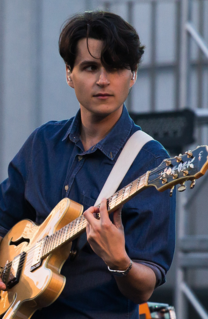A Quote by Robert Redford
When I was a kid I was not a good student. I went to the University of Colarado, my grades were poor. I was asked to leave after a year. What I really wanted to do was to be an artist.
Related Quotes
What you see around the world is that poverty is not destiny. In other countries, much more systemically, student after student, school after school, year after year, educate poor and disadvantaged young people. And, so, anyone who says that you can't overcome these battles is a huge part of the problem.
At first I wanted to go to university, but I really didn't dare to. I was too self-conscious, being a working-class kid. It was really difficult. I was going to study history, but the professor asked me some questions I didn't understand, and I didn't dare to ask what they meant. I left university and went to work in the Post.
Including my nine years as a student, the majority of my life has been at Hokkaido University. After my retirement from the university in 1994, I served at two private universities in Okayama Prefecture - Okayama University of Science and Kurashiki University of Science and the Arts - before retiring from university work in 2002.

